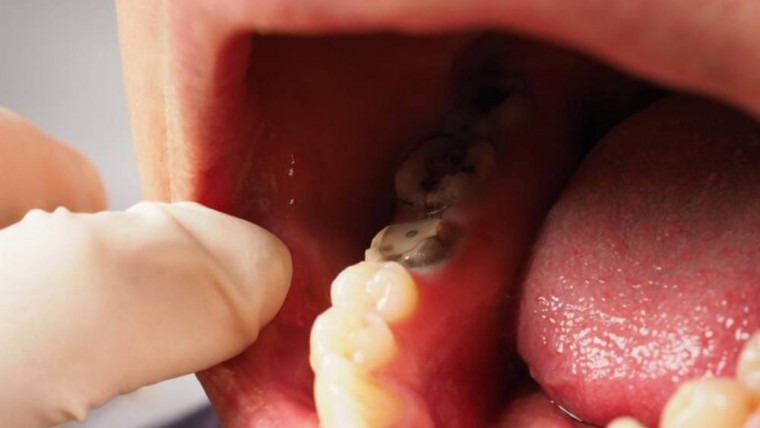Do you wince in pain when you sip a hot cup of coffee or indulge in your favorite ice cream? If so, you might be experiencing tooth sensitivity—a common dental issue that affects millions of people worldwide. Tooth sensitivity occurs when the underlying dentin of a tooth becomes exposed due to receding gums or enamel erosion, leading to discomfort or pain when exposed to hot, cold, acidic, or sweet foods and beverages. Fortunately, there are several preventative measures and treatment options to alleviate tooth sensitivity and improve oral health. Let’s explore some effective strategies for preventing and treating tooth sensitivity.
Preventative Measures:
- Maintain Good Oral Hygiene: Brushing twice daily with a fluoride toothpaste and flossing at least once a day can help remove plaque and prevent tooth decay, which can contribute to tooth sensitivity.
- Use a Soft-Bristled Toothbrush: Opt for a soft-bristled toothbrush to avoid abrasive brushing that can wear down enamel and cause gum recession, both of which can lead to tooth sensitivity.
- Avoid Acidic Foods and Beverages: Limit your consumption of acidic foods and drinks such as citrus fruits, soda, and wine, as they can erode enamel and expose the dentin, increasing tooth sensitivity.
- Be Gentle with Teeth: Avoid habits such as teeth grinding or clenching, as they can wear down enamel over time and exacerbate tooth sensitivity. Additionally, refrain from using your teeth as tools to open packages or bottles.
- Use a Mouthguard: If you grind your teeth at night, consider using a mouthguard to protect your teeth from further enamel erosion and reduce sensitivity.
- Visit Your Dentist Regularly: Regular dental check-ups can help identify and address dental issues early on, preventing them from progressing to more serious problems like tooth sensitivity.
Treatment Options:
- Desensitizing Toothpaste: Use toothpaste specifically formulated for sensitive teeth, which contains ingredients such as potassium nitrate or stannous fluoride that help block pain signals from reaching the nerve of the tooth.
- Fluoride Treatment: Your dentist may apply fluoride varnish or gel to strengthen tooth enamel and reduce sensitivity.
- Dental Bonding or Sealants: In cases of severe sensitivity, your dentist may recommend bonding or applying a sealant to cover exposed dentin and protect it from further erosion.
- Gum Grafting: If gum recession is the cause of your tooth sensitivity, your dentist may suggest a gum graft procedure to cover exposed roots and reduce sensitivity.
- Root Canal Therapy: In cases where tooth sensitivity is caused by severe decay or infection reaching the tooth’s nerve, root canal therapy may be necessary to alleviate pain and save the tooth.
- Lifestyle Changes: Making dietary adjustments, such as reducing consumption of acidic or sugary foods, and practicing stress-reduction techniques can also help prevent and manage tooth sensitivity.




